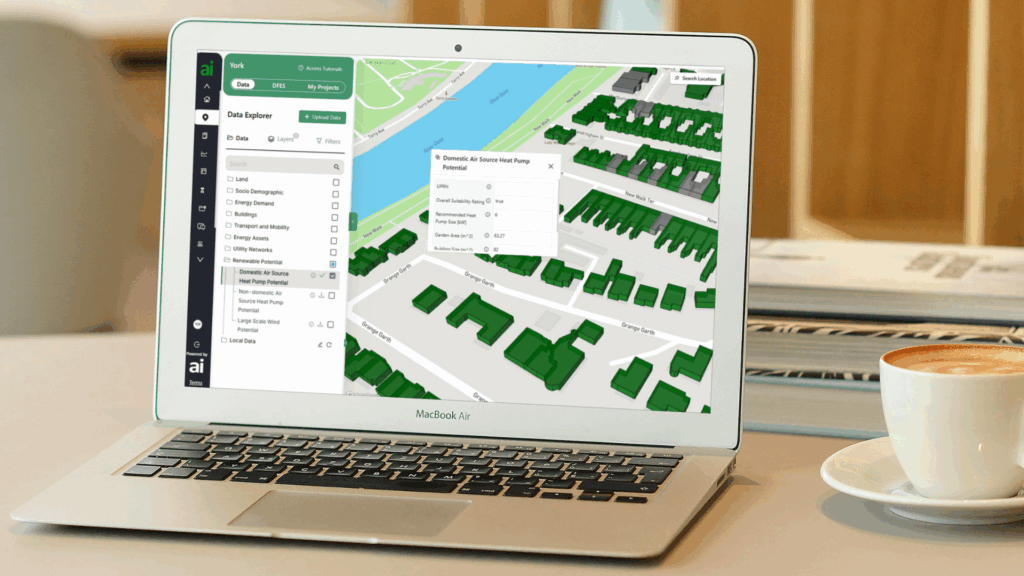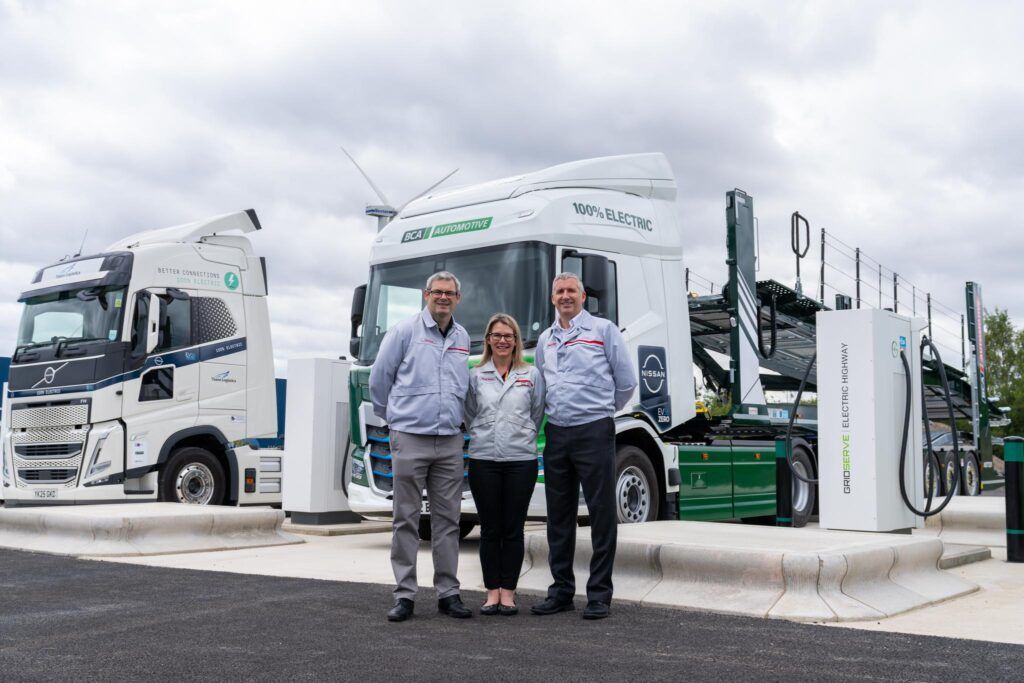Zero 2050, a collaborative project involving energy utilities, the Welsh Government, South Wales Industrial Cluster and other public and private sector representatives, undertook analysis to consider how the energy system in South Wales can achieve net zero greenhouse gas emissions.
With the energy system contributing to the vast majority of greenhouse gas emissions in Wales, this work has implications for reaching Wales’ carbon budgets and avoiding the worst impacts of future climate change.
Representatives from National Grid Electricity Transmission, National Grid Gas Transmission, Western Power Distribution, Wales & West Utilities and the Welsh Government, as well as experts from Cardiff University and energy and transport consultants, modelled future energy demands across the residential and commercial, industrial and transport sectors, and how this demand could be met.
The final report, published in July, follows near 2 years of analysis from over 18 organisations and follows individual reports into each of Zero 2050’s 11 workstreams and comes ahead of the COP26 climate summit in Glasgow in November, with countries from around the world gathering set out more ambitious goals for ending their contribution to climate change.
The report argues that a just transition to a zero carbon economy is critical for the region, ensuring costs to consumers are minimised and considering the future impact on jobs.
It highlights a number of achievable pathways to a net zero energy system by 2050, alongside important actions which need to be taken now – such as increasing onshore wind and solar energy, and improving the energy efficiency of buildings.
The modelling which informed the report found that, for example, if all recommended energy efficiency measures in Energy Performance Certificates (EPCs) for homes were to be implemented, annual heat demand would decrease on average by 30% in Cardiff and Newport and 32% in Swansea.
Electricity consumption requirements for the South Wales industrial cluster is set to increase to 8-12TWh under different decarbonisation scenarios.
Commenting on the report, Julie James, Minister for Climate Change at Welsh Government, said: “I congratulate National Grid and all the project partners on this complex and impressive work. A just transition to a prosperous low carbon future is at the heart of my portfolio and the Welsh Government’s work.
“This report is a further piece of evidence for change. I look forward to building on the work as we develop clarity on the grid infrastructure Wales needs, which is necessary to allow Wales to take the actions set out in the report.”
Robin Gupta, Net Zero Innovation Manager at National Grid Electricity Transmission, said: “Now, more than ever, with changes to how we travel, heat our homes and use energy it’s vital that organisations and individuals come together to help achieve the collective goal of net zero.
“Projects such as Zero2050 are crucial in providing leadership and guidance and can offer a blueprint for decarbonisation in South Wales. We look forward to sharing the findings and helping the industry continue progress in the months and years ahead.”
Sarah Williams, Wales & West Utilities Director of Regulation & Asset Strategy, said: “This project sets out the scale of challenge that we all face to help families across Wales to transition to green energy. Converting the existing safe and reliable gas network to run on green gases like hydrogen and biomethane will help keep disruption to homes and communities to a minimum, while supporting the decarbonisation of heavy industry.
“The 2020s must be a decade of delivery, where we put the findings of projects like this into practice, helping to deliver a net zero energy system.”
Dr Chris Williams, Head of Industrial Decarbonisation at South Wales Industrial Cluster, said: “Our industries can not be held back on their net zero journeys by a lack of a hydrogen infrastructure or the capability of the electricity grid.
“This phase of zero 2050 South Wales has therefore been important for the region to start to ‘face the challenge’ of what comes next in a way that secures a successful transition to a prosperous net zero future.”
Image: Shutterstock















